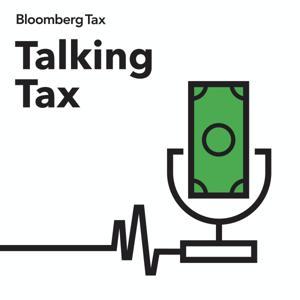There was a time when elite Wall Street firms such as Cravath or Wachtell seemed to rise above the lateral tug-of-war among other firms. That doesn't appear to be the case any longer, with a handful of partners from both of these firms announcing their departures for competitors last month.
"I don't think these are one-offs," legal recruiter Sabina Lippman said. "It's a pattern."
Firms like these will need to adjust their mindsets—and perhaps their pay structures as well—to stay at the top, according to two New York-based legal recruiters who spoke on our podcast, On The Merits.
Lippman, co-founder and global managing partner at CenterPeak, and Todd Merkin, executive director of Wegman Partners, spoke to Bloomberg Law's Jessie Kokrda Kamens about this newest phase of what Lippman calls "the talent wars."
Merkin said that these firms have "really been focused on talent retention, and not so much on talent acquisition. So they're a little bit behind as far as that goes."
Do you have feedback on this episode of On The Merits? Give us a call and leave a voicemail at 703-341-3690.







































